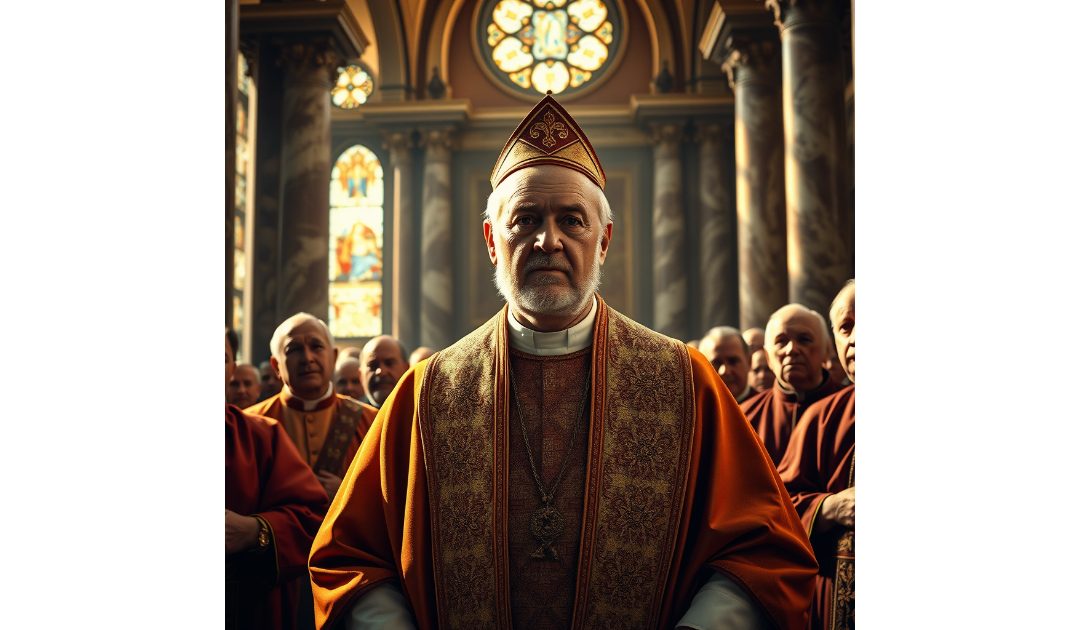On the 12th of March, 1088, Urban II was elected as the 159th Pope. Pope Urban II was one of the most influential popes of the Middle Ages, best known for launching the First Crusade in 1095. His leadership reshaped the course of European and Middle Eastern history, setting the stage for centuries of religious conflict and expansion.
Born Odo of Châtillon around 1035 in France, Urban II was educated at the prestigious Abbey of Cluny, a centre of church reform. His time there instilled in him a deep commitment to strengthening the papacy and enforcing clerical discipline. Rising through the ranks of the Church, he became a cardinal under Pope Gregory VII, a key figure in the struggle between the papacy and secular rulers over control of the Church, known as the Investiture Controversy.
In 1088, Urban II was elected pope, but his rule was immediately challenged. At the time, there was an anti-pope, Clement III, supported by the Holy Roman Emperor Henry IV. Urban had to fight to assert his legitimacy, rallying support among European rulers and reinforcing papal authority. Over time, he gained the backing of powerful allies such as the Normans in southern Italy.
Urban II’s most defining moment came in 1095 when he called for the First Crusade. At the Council of Clermont, he delivered a passionate speech urging Christian knights to reclaim the Holy Land from Muslim control. According to medieval sources, he promised spiritual rewards, including remission of sins, to those who took up the cross. His call ignited a wave of enthusiasm across Europe, leading to the mobilisation of thousands of knights, peasants, and religious zealots.
The First Crusade (1096 – 1099) ultimately succeeded in capturing Jerusalem in 1099, establishing several Crusader states. Urban did not live to see this victory as he died in 1099, just weeks after Jerusalem fell. Yet his role in launching the Crusades cemented his legacy.
Beyond the Crusades, Urban II was a strong proponent of Church reform, enforcing celibacy among clergy and working to free the Church from secular interference. His papacy strengthened the authority of the pope and set the stage for future conflicts between the Church and European monarchs.
Pope Urban II remains a controversial figure. To some, he was a visionary leader who united Christendom for a holy cause. To others, his call for war led to centuries of bloodshed and religious intolerance. Regardless of perspective, his impact on medieval history is undeniable.

